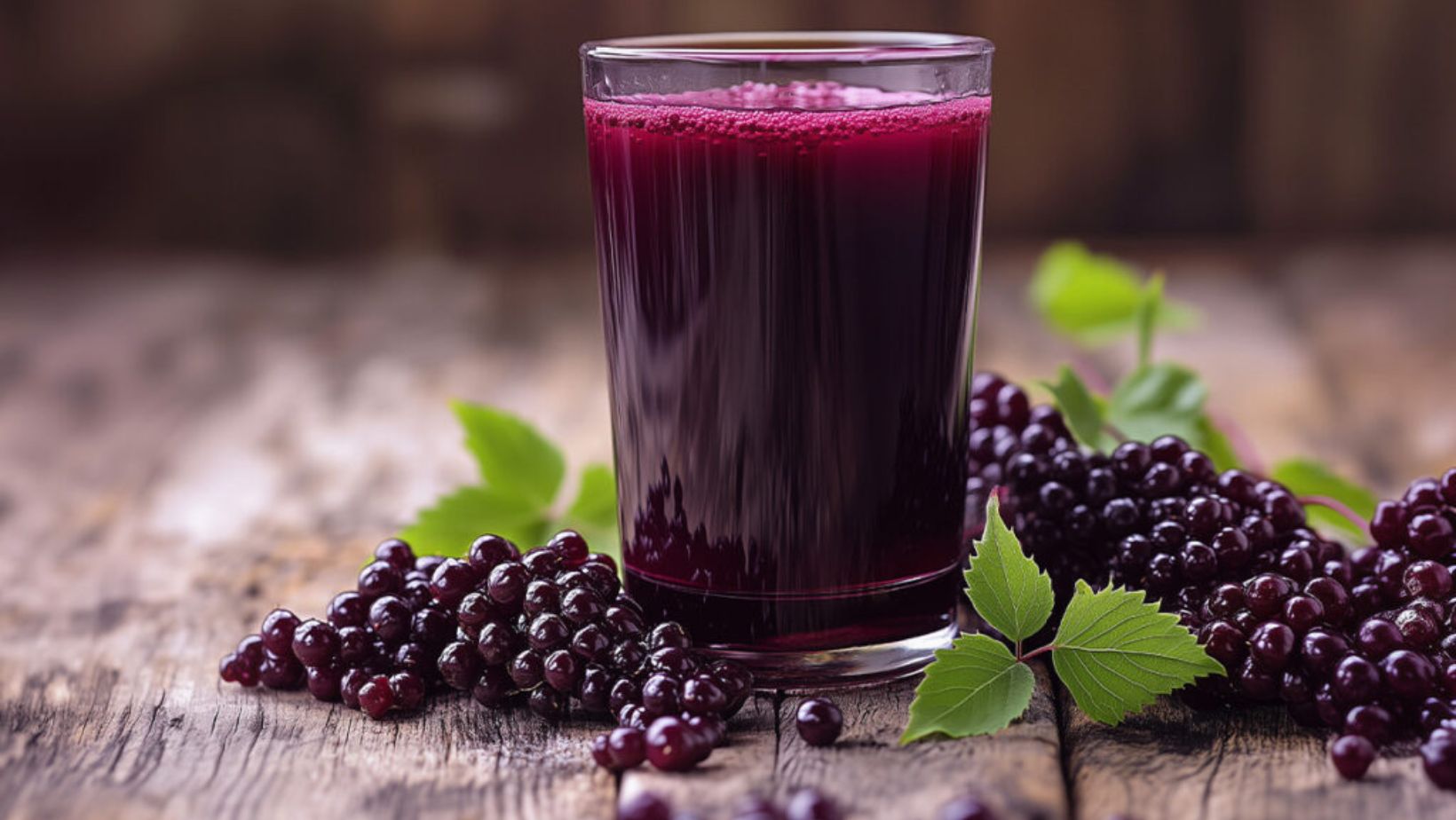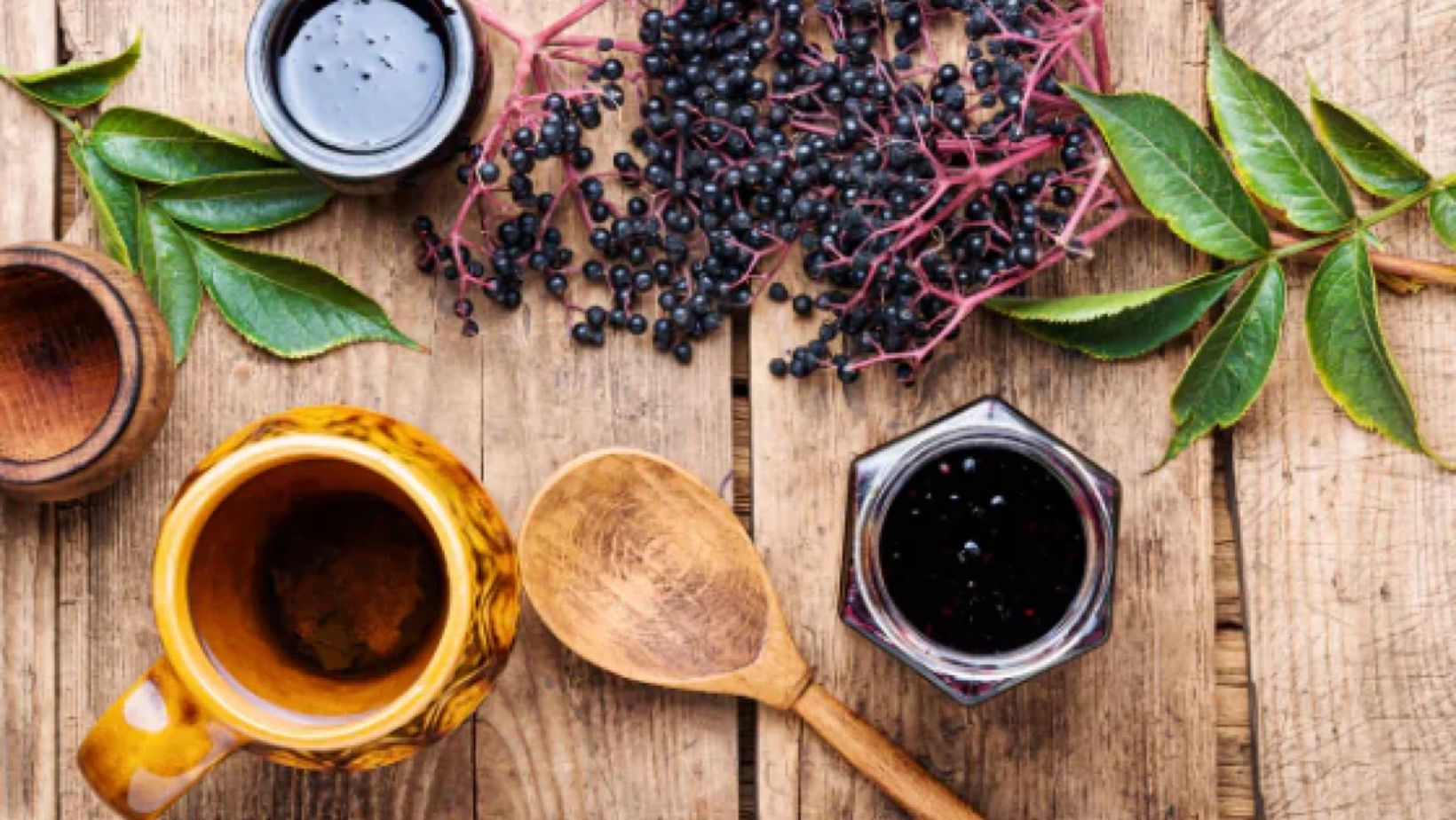A recent study published in Nutrients has uncovered promising evidence that anthocyanin-rich elderberry juice (EBJ) may improve fat oxidation, enhance glucose regulation, and positively influence gut microbiota in overweight and obese adults. Conducted as a randomized, placebo-controlled crossover trial, the research highlights the potential of elderberry-based interventions to address metabolism health challenges.
Obesity Epidemic Spurs Search for New Solutions

With over 70% of adults in the United States classified as overweight or obese and projections suggesting obesity rates could climb to 48-55% by 2050, researchers are racing to find effective dietary strategies to combat related cardiometabolic complications. Bioactive-rich foods, notably those high in polyphenols, have garnered significant attention for their role in supporting metabolic health.
Anthocyanins, a subclass of flavonoids found in fruits such as elderberries, have shown promise in managing obesity-related conditions like diabetes and cardiovascular disease. By targeting gut microbiota and enhancing metabolic processes in adipose and muscle tissue, these compounds may help mitigate some of the most pressing health risks associated with obesity.
Inside the Elderberry Juice Trial: Metabolism

The study recruited 18 participants, aged 22 to 75, in the Spokane, Washington area. The participants were screened rigorously, excluding those with conditions or habits that could skew results, such as recent significant weight changes, type 2 diabetes requiring medication, or dietary intolerance to elderberry. Over two one-week treatment periods separated by a three-week washout phase, participants consumed either elderberry juice (providing 720 mg/day of cyanidin-3-glucoside equivalents) or a placebo, matched for flavor and appearance.
Compliance was carefully monitored through questionnaires and returned beverage containers, while participants adhered to a controlled diet during the final four days of each treatment period. Testing methods included indirect calorimetry, meal tolerance tests (MTT), and microbiome analyses to evaluate glucose levels, insulin response, energy expenditure, and gut microbiota composition.
Promising Results Highlight Elderberry Juice Potential

The findings of the study are compelling. Indirect calorimetry revealed that participants consuming elderberry juice exhibited increased fat oxidation during the MTT, as indicated by a lower respiratory quotient (RQ) compared to the placebo group (0.86 vs. 0.89, p = 0.031). This was accompanied by decreased carbohydrate oxidation and a modest increase in energy derived from fat.
Participants who consumed elderberry juice also experienced a 24% reduction in glucose response (incremental area under the curve, p = 0.041). In comparison, insulin levels showed a 9.9% decrease, although this did not reach statistical significance.
Gut microbiota analysis revealed notable shifts, with elderberry juice increasing beneficial bacteria such as Bifidobacterium and Ruminococcaceae while reducing potentially harmful bacteria like Bacteroides. These changes suggest that microbiota-mediated mechanisms could influence the observed metabolic benefits.
A Step Forward, But More Research Needed: Metabolism

While the results of this study are encouraging, the researchers caution that further investigation is needed to pinpoint optimal anthocyanin types and doses for metabolic health. The findings align with studies on berry-based interventions and bolster the case for including polyphenol-rich foods like elderberries in dietary strategies to combat obesity and related conditions.
With the obesity epidemic showing no signs of slowing, the potential of natural, bioactive compounds like those found in elderberry juice offers a hopeful avenue for addressing some of the nation’s most pressing health challenges.
Reference: Teets C, Ghanem N, Ma G, et al. (2025) A One-Week Elderberry Juice Intervention Augments the Fecal Microbiota and Suggests Improvement in Glucose Tolerance and Fat Oxidation in a Randomized Controlled Trial. Nutrients.

